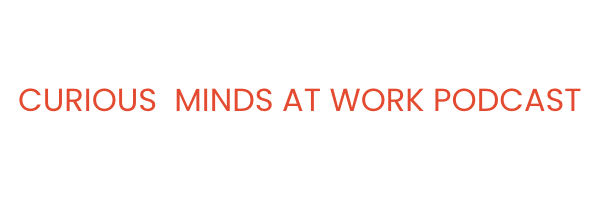CM 094: Emiliana Simon-Thomas On How To Be Happier
We have more control over our happiness than we think. And if we follow the advice of the most cutting-edge happiness researchers, we can help others achieve it, as well. Emiliana Simon-Thomas happens to be one of those researchers. A neuroscientist and Science Director of the Greater Good Science Center at the University of California,…
Read MorePodcast: Play in new window | Download | Embed
Subscribe: RSS





